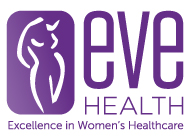Polycystic Ovarian Syndrome or PCOS, where hormones are out of balance, is a very common problem for young women.
You may have been told you have PCOS based on an ultrasound or because you are experiencing issues with any of the symptoms below:
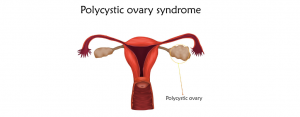
- Infertility
- Irregular periods
- Heavy periods
- Severe acne
- Facial hair
- Hair falling out
- Weight issues
- Insulin resistance
PCOS simply describes a set of symptoms.
To be diagnosed with PCOS you need to have at least two out of three of:
- Polycystic ovaries on ultrasound
- Excess hair, acne or high testosterone in the blood
- Infrequent periods
80% of the time PCOS is due to high insulin which causes the follicles in the ovaries to make too much testosterone which interferes with the signals from the brain to the ovary to bring about ovulation. As women with PCOS don’t usually ovulate every month, it can be hard to fall pregnant. The excess testosterone made in the ovary can cause the facial and body hair growth, acne and sometimes, male pattern hair loss.
Sometimes the cause is genetic, or it may look like PCOS but is really a problem with the reproductive control centre in the brain, the hypothalamus. This is usually seen in women with low body weight.
Treatment for the majority of women with PCOS starts with diet and lifestyle. Reducing insulin, and body weight can correct many of the issues for most women. Stress plays a big factor too, as stress increases the hormones that can raise insulin, as well as increasing inflammation in the body.
Medications such as Metformin, which increase insulin sensitivity may be appropriate. Hormonal treatments such as the oral contraceptive pill can help with symptoms such as hair growth and acne, as well as help with heavy periods. Other anti-testosterone medications such as Spironolactone can also help with some of these troubling symptoms. There are other medical therapies as well as natural therapies that your Eve Health gynaecologist can discuss with you.
If you are trying to fall pregnant and lifestyle changes such as diet, exercise and stress reduction have not normalised your cycles, medications to help you ovulate such as Clomid, Letrozole or FSH may be appropriate.
If you would like any more information about PCOS, our Eve Health gynaecologists have a detailed knowledge of the reproductive hormonal factors that underpin it, and will educate you and discuss all your treatment options in a holistic way. We also work with a dietitian who has considerable experience in helping women with PCOS. Please contact us to make an appointment with one of our gynaecologists if you have any concerns or would like to know more.
Watch our where we sat down with Dr Stephen Soong to discuss all things PCOS.
Please see below for some helpful PCOS resources
Click on the heading or image to view the full blog post…
PCOS and the effects on your mental health
As part of PCOS Awareness Month this month (September), we will explore the effects that Polycystic Ovarian Syndrome (PCOS) has on a woman’s mental health and offer some tips on how to cope.[/vc_column_text]
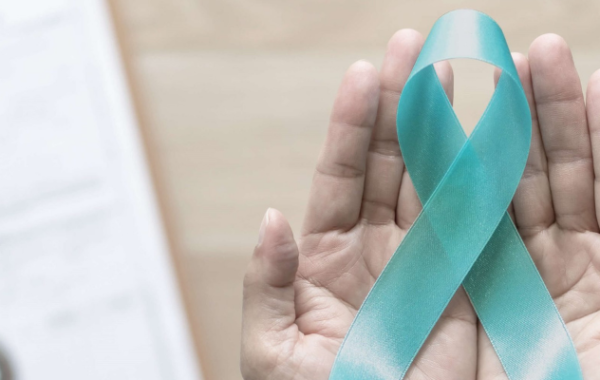
PCOS symptoms and treatments: PART 1
As part of PCOS Awareness Month 2024, over the next two articles we will explore how PCOS is diagnosed, and how to manage and treat the symptoms of this chronic condition.
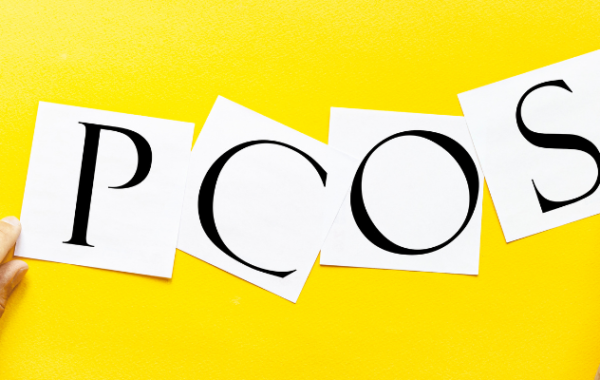
PCOS symptoms and treatments: PART 2
Today we explore our final topics in our four-part series which has focused on some of the symptoms and treatments of Polycystic Ovary Syndrome, as part of PCOS Awareness Month 2021.
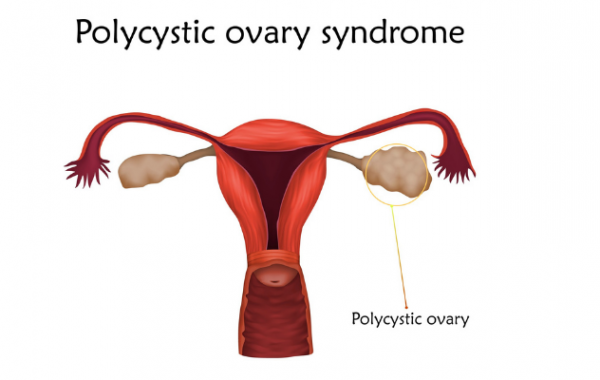
Comments are closed.
